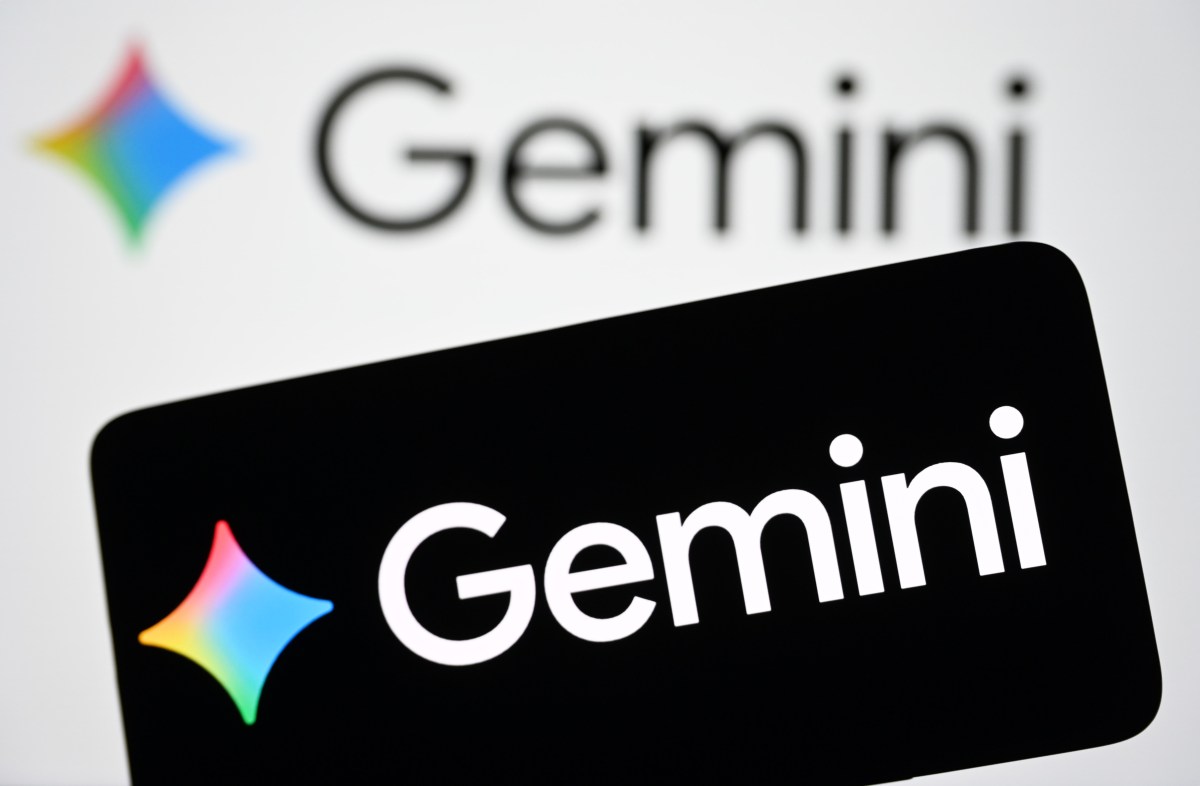Google Expands Gemini AI to All U.S. Chrome Users, Introduces Agentic Browsing and AI Mode

Key Points
- Gemini AI is now available to all U.S. desktop Chrome users on Mac and Windows.
- The Gemini icon in Chrome lets users ask the assistant to modify or explain webpage content.
- Agentic browsing lets Gemini work across multiple tabs and retrieve previously visited pages.
- Integration with Google services enables tasks like scheduling meetings and locating video moments without leaving the page.
- AI Mode is embedded in the address bar for complex, multi‑step queries and follow‑up questions.
- Chrome will suggest contextual questions based on the current page to jump‑start AI Mode.
- Gemini Nano detects AI‑generated scams and helps block fraudulent content.
- One‑click password reset is offered for compromised accounts on supported sites.
- Google’s rollout follows similar autonomous AI agent initiatives from competitors.
Google announced that Gemini is now available to all U.S. desktop Chrome users on Mac and Windows, extending the capability beyond its earlier limited rollout. The company also unveiled plans for agentic browsing features, allowing the AI to perform tasks across tabs and integrate with Google services such as Calendar, YouTube, and Maps. An AI Mode search function will be embedded directly in the address bar, enabling complex queries and follow‑up questions. Additional security tools include AI‑driven scam detection and one‑click password resets for compromised accounts. The updates signal a broader push toward more autonomous and secure web experiences.
Gemini Now Available to All U.S. Chrome Users
Google confirmed that the Gemini AI model is being rolled out to every desktop Chrome user in the United States who runs the browser on a Mac or Windows computer. Previously, the feature was limited to subscribers of Google AI Pro and Google AI Ultra. Users with English language settings can activate Gemini by clicking the Gemini icon that appears in the top‑right corner of the Chrome window. The integration lets users ask the assistant to clarify or transform information on any webpage—for example, adapting a recipe to meet dietary preferences.
Agentic Browsing Capabilities
Alongside the broader Gemini rollout, Google introduced “agentic” capabilities that will let the AI act more autonomously within the browser. Gemini can now operate across multiple open tabs, summarizing and comparing content from different sites. This enables scenarios such as planning travel itineraries or comparing product specifications without manually switching between pages. The AI will also be able to retrieve previously visited pages, allowing users to ask questions like, “Which site did I see the walnut desk last week?” without digging through history.
Deeper integration with Google’s ecosystem is part of the agentic vision. Gemini will interact with Calendar, YouTube, Maps, and other apps, letting users schedule meetings, locate points of interest, or jump to specific moments in a video without leaving the current page. The assistant can also handle routine tasks such as booking a haircut or adding groceries to an online cart, navigating to the appropriate site and preparing the checkout flow for the user’s final confirmation.
AI Mode Integrated into the Address Bar
Google is embedding its advanced AI Mode search directly into Chrome’s address bar. Users can type complex, multi‑step queries and receive detailed answers with the option to ask follow‑up questions. For instance, a shopper could request a side‑by‑side comparison of mattress types tailored to personal sleep preferences, then probe deeper about durability or material lifespan—all from the address bar. Chrome will also suggest relevant questions based on the content of the page the user is viewing, helping to kickstart the AI Mode experience.
Security Enhancements
The update includes AI‑driven tools aimed at protecting users from emerging threats. Chrome’s Gemini Nano model will detect and block scams that mimic trusted brands or employ generative AI to craft convincing phishing messages. When Chrome identifies a compromised password on supported sites such as Coursera, Spotify, Duolingo, or H&M, it offers a one‑click solution to generate and store a new password, streamlining the recovery process.
Future Outlook and Industry Context
Google indicated that the agentic features will become generally available in the coming months, positioning the browser as a more proactive assistant. The move follows similar efforts by competitors, notably OpenAI’s release of the Operator AI agent earlier this year, which also performs autonomous tasks. By expanding Gemini’s reach and deepening its functional capabilities, Google aims to make Chrome a central hub for AI‑enhanced productivity, security, and convenience.